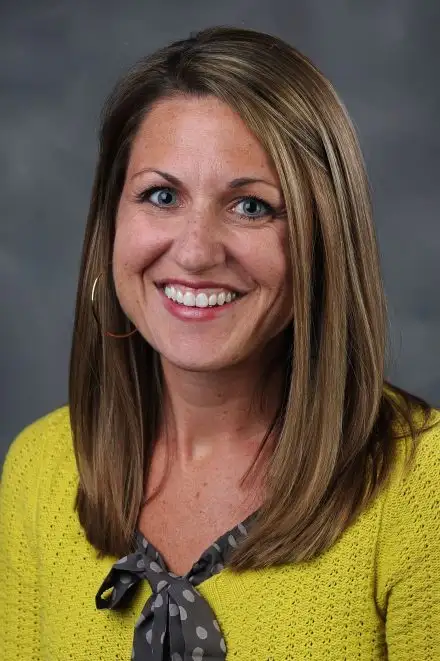
Katy Rouse
About
Katy is an applied microeconomist with scholarship interests in the economics of education and health economics. Katy has published several papers on the effects of schools switching from traditional to multi-track year-round calendars. Her research on this topic has attracted attention from a wide range of media outlets, including The Cincinnati Enquirer, The Wall Street Journal, and WUNC North Carolina Public Radio. Her recent research explores the relationships between physical education, child bodyweight and human capital outcomes. While at Elon, she has taught Business Economics, Intermediate Microeconomic Theory, Health Economics, Principles of Economics, and an upper-level capstone course she created called “Understanding Educational Disparities in the United States”.
Katy earned her Ph.D. in Economics from the University of North Carolina at Chapel Hill in 2009 and a B.A. in Economics from Miami in 2002. Prior to entering graduate school in the fall of 2004, Katy worked for almost two years as an analyst for InteCap, Inc. (now part of Charles River Associates) in Chicago, IL.
Reflection
My first economics class was Honors Principles of Microeconomics with Jerry Miller. When I enrolled in that course, I was still struggling to find a college major. I signed up primarily because I needed to take a course designated as honors. I didn’t know anything about the discipline and had no idea that class would eventually lead me to a career I love. Jerry Miller was an incredible teacher, and I absolutely loved that class. The next semester I signed up for Honors Principles of Macro with Rich Hart. After a successful first exam, Professor Hart pulled me aside, asked me my major, and said, “I think you should switch to economics.” The rest, they say, is history. I went on to do well in my courses and was encouraged to write a departmental honors thesis. I took a small workshop with Dennis Sullivan where I learned about economics research and refined my writing and presentation skills. Then, in my final semester, I worked one-on-one with Melissa Thomasson to write my thesis, and I presented the final product to a room full of professors. Coming full circle, also in my senior year, I worked as a supplemental instructor for that first economics class I loved so much – Jerry Miller’s Principles of Micro. That role allowed me to experience the joys of college teaching.
I am so grateful for the professors and mentors I had at Miami. If I hadn’t taken that first class with Jerry Miller or been tapped on the shoulder by Rich Hart, I may never have found a major I loved. The experiential learning experiences of writing an undergraduate thesis and working as a supplemental instructor led me to the desire to pursue graduate study. As a college professor myself, I now try to emulate my Miami professors who made such an impact on my life. I work hard to create engaging classes and to illustrate the many applications of the field and the benefits of learning to “think like an economist”. I reach out to promising students to encourage them to pursue the major. I have mentored many senior theses and university honors projects. I feel so fortunate to have found a career that I love, and I owe that to the economics department at Miami.